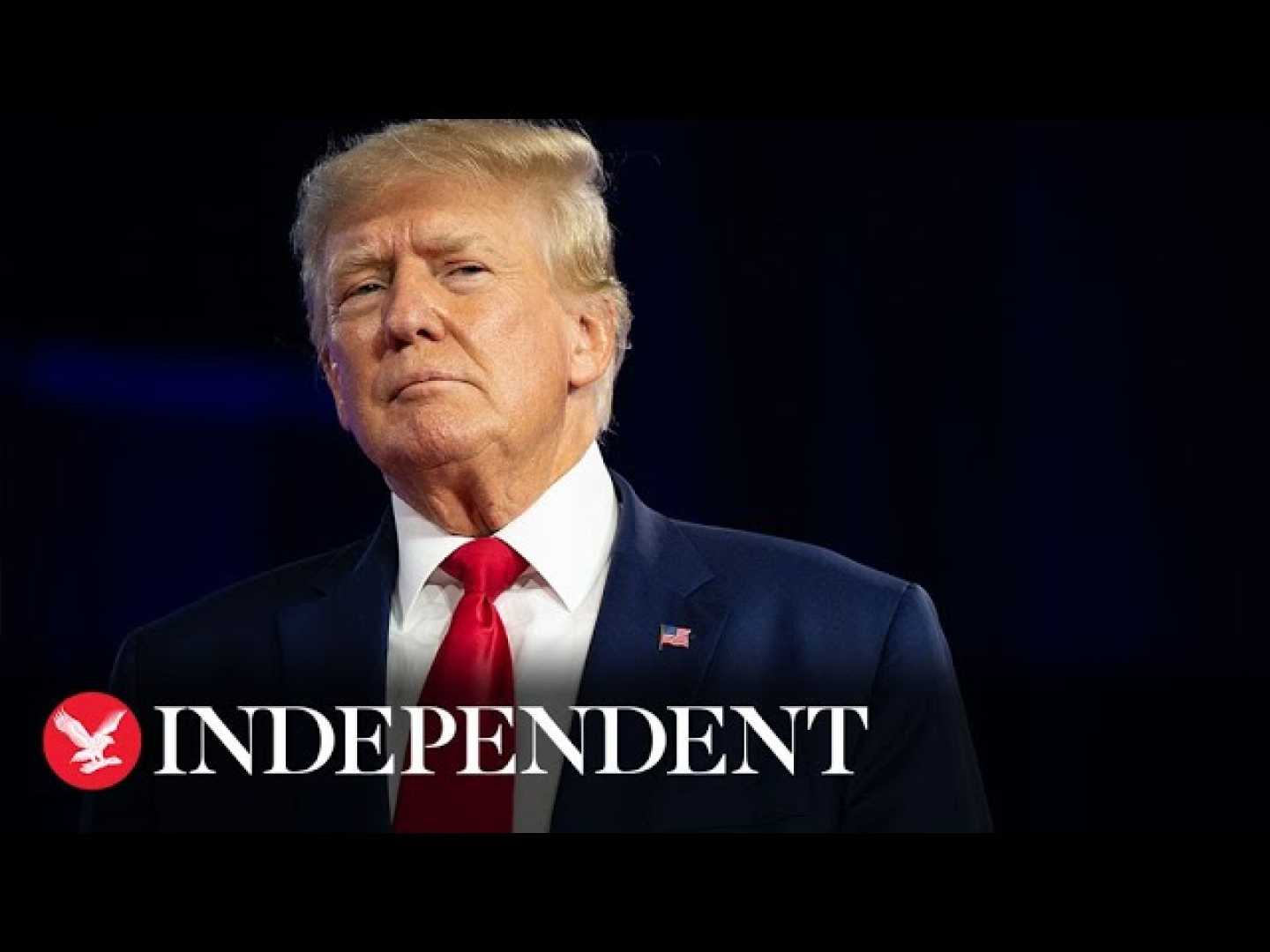Politics
Trump’s Plan to Abolish the Department of Education Sparks Debate and Concerns

President-elect Donald Trump‘s campaign pledge to abolish the U.S. Department of Education has reignited a contentious debate among educators, policymakers, and parents. The proposal, which has been a long-standing goal for some Republicans, is facing significant opposition from various stakeholders in the education sector.
In Rochester, New York, the Rochester Teachers Association President, Adam Urbanski, has expressed strong opposition to the plan. Urbanski highlighted the potential harm to vulnerable children in both rural and urban districts, emphasizing that the Department of Education provides crucial funding that accounts for between 8 and 12 percent of the budget for most school districts, including Rochester City Schools.
On the other hand, former New York State Assembly candidate Kimberly DeRosa supports the idea of closing the Department of Education. DeRosa argues that state funding for schools would not be significantly affected and that abolishing the federal department would give more autonomy to states and parents over education.
Despite Trump’s pledge, experts suggest that abolishing the Department of Education is unlikely. Frederick Hess, in an analysis, points out that such a move would require congressional approval and significant legislative support, which is not feasible given the current political landscape. Even with a Republican majority in Congress, the lack of Democratic support and potential defections from Republican senators like Lisa Murkowski and Susan Collins make the abolition of the department highly improbable.
The debate also underscores the broader implications for education policy, including school choice initiatives and the role of federal agencies in education. While there may be efforts to trim or restructure the Department of Education, a complete abolition appears to be an overreaction to the current political climate.












